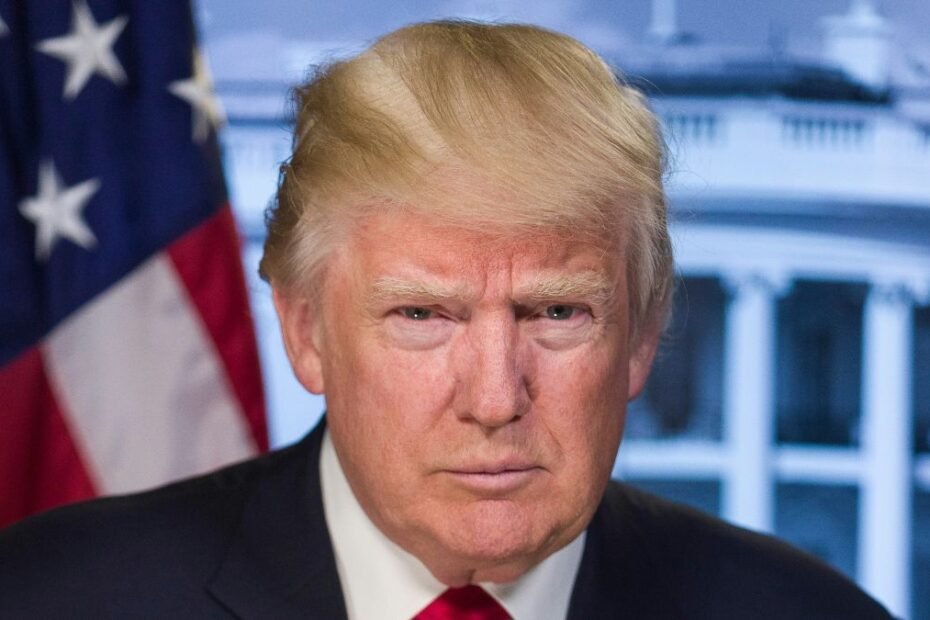Leaders across Central America congratulate Donald Trump on his presidential victory over Kamala Harris, emphasizing trade, security, and diplomatic ties in their messages.
Central American leaders have responded to Donald Trump’s victory over Kamala Harris in yesterday’s U.S. presidential election, with most heads of state offering congratulations while highlighting bilateral priorities and shared democratic values.
El Salvador’s President Nayib Bukele – was among the first to congratulate Trump, offering a brief but warm message – in English – for the president-elect. Bukele’s swift message comes as a contrast to his congratulations for Joe Biden in 2020, where he was one of the last leaders to say anything – aside from Ortega in Nicaragua, Nayib Buleke is the only Central American leader who was in office during the 2020 election.
Congratulations to the President-Elect of the United States of America, @realDonaldTrump 🇺🇸
May God bless and guide you. pic.twitter.com/kl1lr0Dwv4
— Nayib Bukele (@nayibbukele) November 6, 2024
Next door in Guatemala, President Bernardo Arévalo delivered one of the more extensive statements, emphasizing the countries’ 175-year diplomatic relationship while congratulating both Trump and the American electorate.
Felicito al Presidente @realDonaldTrump por la victoria electoral y le deseo muchos éxitos en esta nueva etapa en la Casa Blanca.
Extiendo la felicitación al pueblo de los Estados Unidos de América, que se ha expresado democráticamente en las urnas.
Seguiremos trabajando con…
— Bernardo Arévalo (@BArevalodeLeon) November 6, 2024
The region’s reactions largely focused on key shared interests. Panama’s President José Raúl Mulino specifically highlighted migration, security, and international trade in his congratulatory message, while Honduras’s Xiomara Castro expressed hope for strengthened relations between the United States and the broader Latin American and Caribbean region.
Felicito a @realDonaldTrump por la victoria obtenida en la elección presidencial de los Estados Unidos y al pueblo de ese país por fortalecer la democracia. Seguiremos trabajando juntos en temas de migración, seguridad y comercio internacional.
— José Raúl Mulino (@JoseRaulMulino) November 6, 2024
Felicidades al Presidente @realDonaldTrump por su triunfo en las elecciones y por ser elegido por el pueblo de los Estados Unidos en una jornada pacífica y democrática. Le expresamos nuestros mejores deseos para que su administración fortalezca las relaciones con América Latina y…
— Xiomara Castro de Zelaya (@XiomaraCastroZ) November 6, 2024
Costa Rica and Belize took more formal diplomatic approaches, with both governments emphasizing their desire to maintain and strengthen bilateral ties. Costa Rica specifically acknowledged Vice President-elect JD Vance in its statement.
El Gobierno de Costa Rica felicita al 47° Presidente electo de EE.UU., Donald Trump, y a su Vicepresidente J. D. Vance, y les desea éxito en su gestión. Costa Rica renueva su compromiso de fortalecer las relaciones históricas y de amistad que nos unen.
— Presidencia de la República 🇨🇷 (@presidenciacr) November 6, 2024
Belize congratulates President-elect Donald Trump (@realDonaldTrump) as the 47th President of the United States of America. The Government and people of Belize look forward to strengthening the bonds of friendship and cooperation between our nations in the years to come. pic.twitter.com/DAOtBADkWY
— Belize MFAFT 🇧🇿 (@MFABelize) November 6, 2024
Notable for its absence was any direct congratulation from Nicaragua’s Daniel Ortega. According to La Prensa, while the Ortega-Murillo dictatorship acknowledged the U.S. election process, it conspicuously avoided mentioning Trump’s victory. This silence comes against the backdrop of previous tensions, as the Trump administration had imposed sanctions on Nicaraguan officials during his first term over human rights concerns stemming from the government’s 2018 crackdown on protesters.
The responses from Central America suggests a wary yet pragmatic readiness to work with the incoming Trump administration, despite potential challenges on issues like migration and trade that have historically complicated U.S.-Central American relations.



